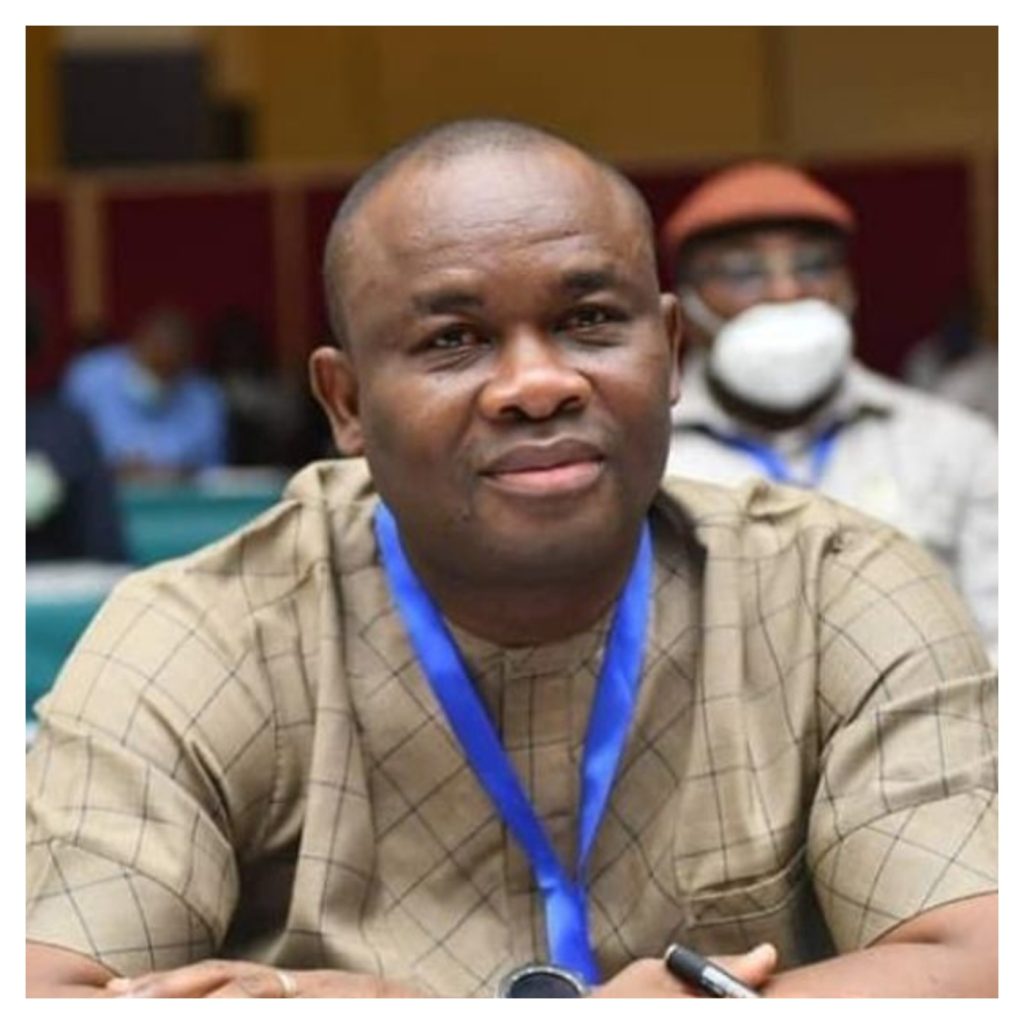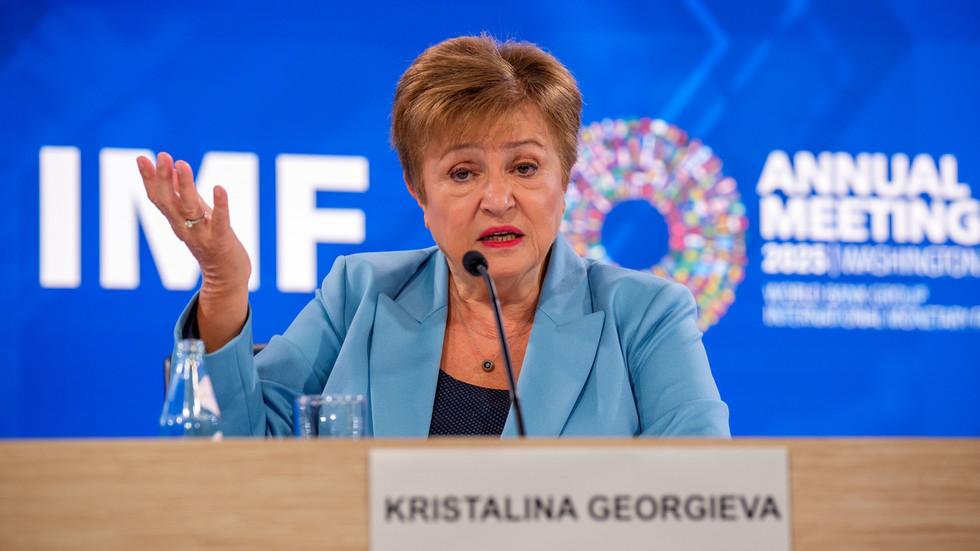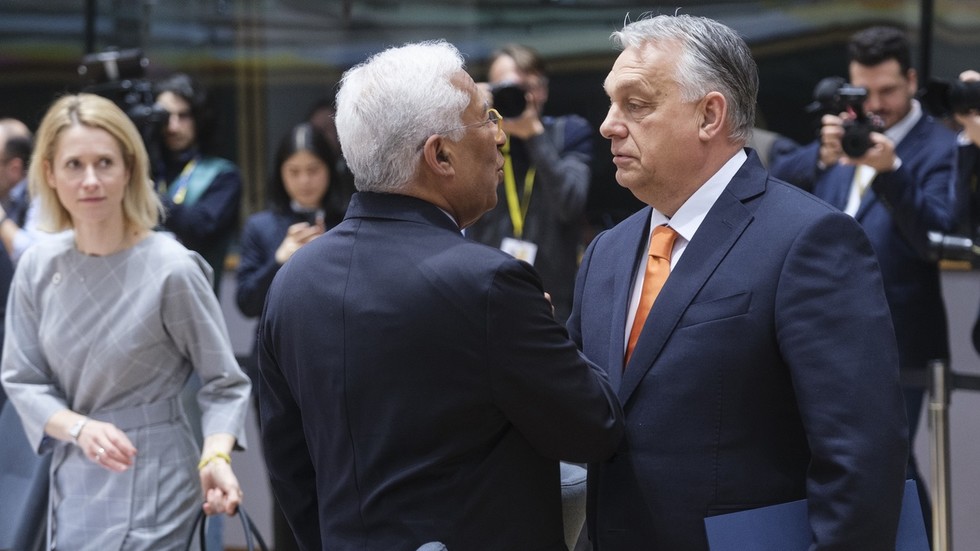The African Development Bank (AfDB) has committed $40 million to a landmark renewable energy initiative designed to expand electricity access across Africa. Approved by the Bank’s Board of Directors, the equity investment will support Project Zafiri—a flagship program under Mission 300, which aims to connect 300 million people to power by 2030. The project, developed in partnership with the World Bank Group and other institutions, seeks to address a critical funding gap for decentralized renewable energy (DRE) solutions in underserved communities.
Decentralized systems like solar home installations and mini-grids are increasingly seen as Africa’s fastest path to universal energy access. These modular technologies bypass the need for costly centralized grid infrastructure, making them ideal for remote or fragile regions. Over 50% of new electricity connections on the continent by 2030 are projected to come from DRE, according to AfDB estimates. However, the sector has struggled to attract long-term equity investments due to perceived risks, slowing its potential to scale.
Project Zafiri aims to unlock this bottleneck through a blended finance model. Structured as a $1 billion Permanent Capital Vehicle, the platform will raise funds in phases, starting with an initial $300 million target. Half of this first tranche will come from junior equity—higher-risk capital designed to incentivize private investors—while the remainder will be senior equity. The AfDB’s $40 million contribution includes $30 million from its own resources and $10 million in junior equity via the Sustainable Energy Fund for Africa (SEFA), a multi-donor fund it manages.
“Zafiri is catalytic,” said Kevin Kariuki, AfDB’s Vice President for Power, Energy, Climate, and Green Growth. “With just five years left to meet Mission 300’s target, this initiative offers an innovative way to mobilize private capital for transformative impact.” The Bank’s leadership emphasized Zafiri’s role in de-risking investments, with Wale Shonibare, Director for Energy Financial Solutions, calling it the “largest patient capital commitment” to Africa’s DRE sector. Daniel Schroth, Director for Renewable Energy, added that SEFA’s junior equity stake would help attract commercial investors to a historically underfunded market.
The project aligns with multiple AfDB strategies, including its 10-year plan to boost private-sector energy investments and climate resilience goals. By prioritizing decentralized solutions, Zafiri also supports broader development agendas, such as industrialization and improved quality of life, while advancing Africa’s transition to low-carbon energy systems. With 600 million Africans still lacking reliable electricity, the initiative underscores the urgency of scalable, equitable solutions to bridge the energy divide.



